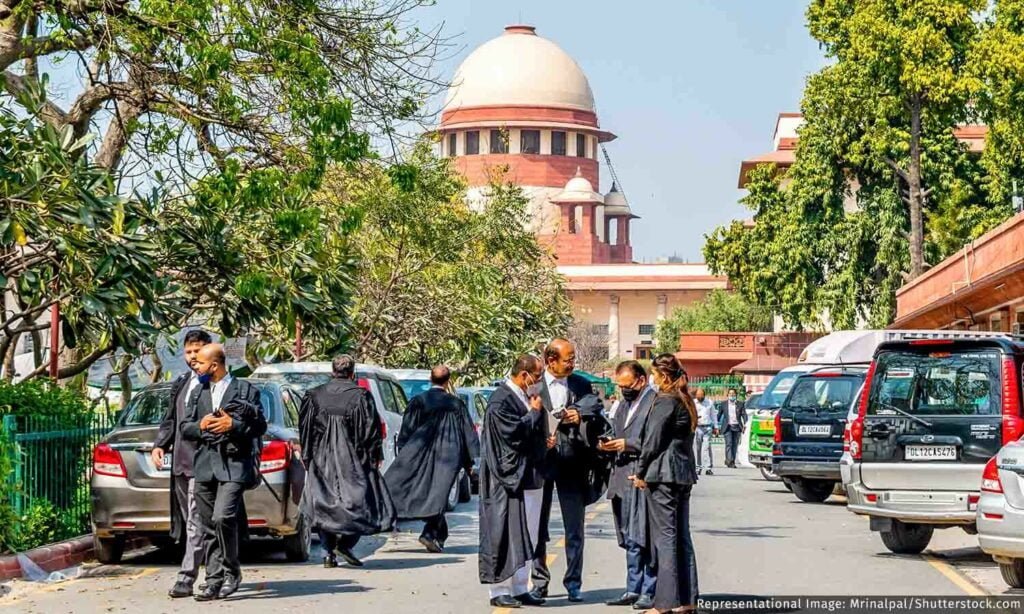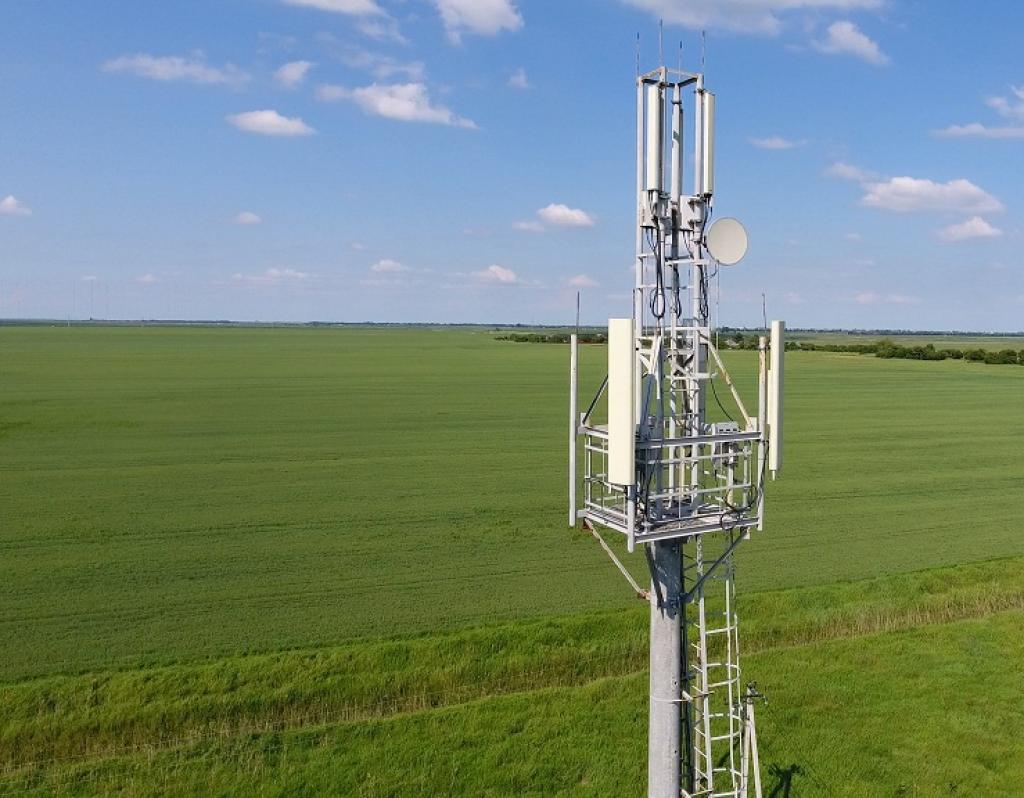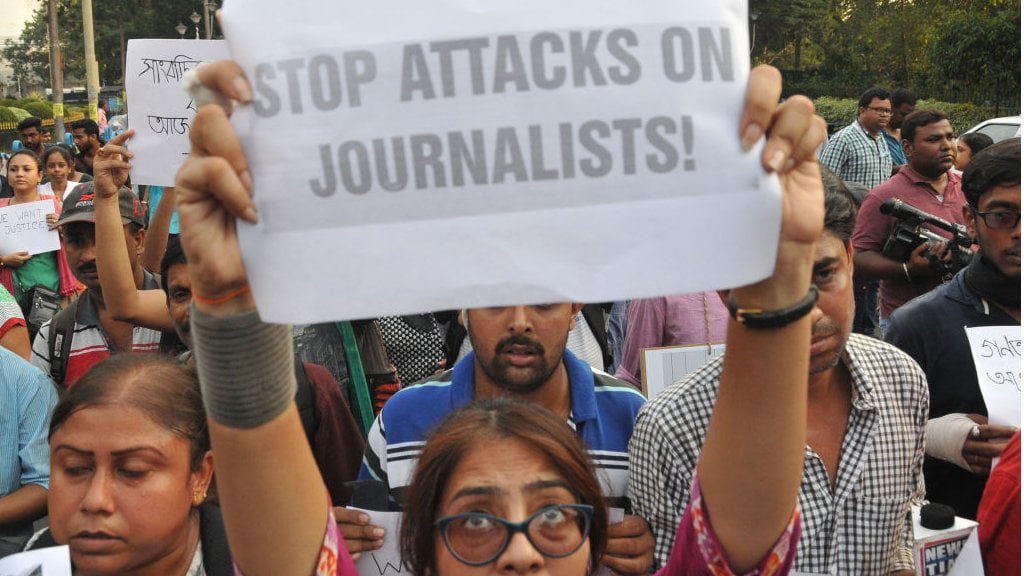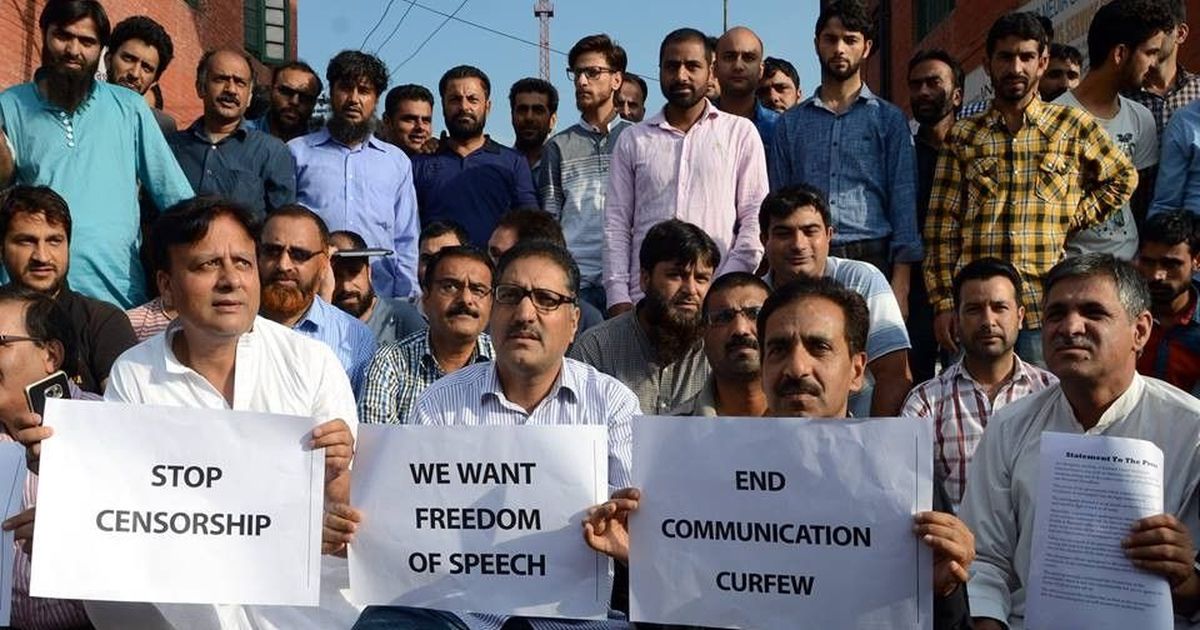The second tenure of the Bharatiya Janata Party (BJP) led National Democratic Alliance (NDA) was marked by the introduction and passing of several contentious Bills that sought to overhaul colonial laws or amend existing Parliamentary Acts. Raising several ethical and privacy concerns, some of these Bills give the government extensive powers to create large-scale surveillance mechanisms and curb dissent. Here’s a look at some of those Bills, and why they stirred up controversy.
Three New Criminal Law Bills
The Bharatiya Nyaya Sanhita (BNS), Bharatiya Nagarik Suraksha Sanhita (BNSS) and Bharatiya Sakshya Bill (BSB) were the three new Bills tabled by the government in 2023 for an overhaul of colonial-era criminal laws. The Acts that they sought to replace were the Indian Penal Code (1860), the Code of Criminal Procedure (1973) and the Indian Evidence Act (1872) respectively.

While the government endorsed this exercise of repealing archaic laws as an attempt to ‘decolonise,’ the criminal justice system, the new Bills drew flak from several quarters regarding some of their provisions.
The police can seek direct custody of an accused, before they are sent to jail, for up to 60 days instead of 15, BNS specifies. This will make it even more difficult for accused awaiting trials to get bail. Three-fourths of the prisoners currently in Indian prisons are undertrials who have not been convicted, as the Indian judiciary grapples with a growing burden of pending cases and an over-occupancy of prisons. Human rights activists have also pointed out that a considerable number of cases of torture usually happen in police custody and convictions remain scarce.
Even though the BNS has done away with the term ‘sedition.’ in its place, it defines a new offence for acts endangering the sovereignty, unity and integrity of India which is much more vague and thus, can be misused to stifle protests and dissent.
BNSS allows the summoning of any material or document necessary for an investigation as ‘evidence,’ by the Court. The BSB diversifies the definition of ‘documents,’ to include digital records as well – for instance, online communications such as texts, emails and calls on various types of electronic devices.
“The bill attempts sizable reform, but provides no means to ensure the security or maintenance of a proper chain of custody for such digital evidence acquired in investigations. Without safeguards, private information or communication stored by the investigating officer may be vulnerable to tampering, leaks or breaches… The inclusion of digital records under BSB and BNSS may promote excessive invasions of privacy and violations of the constitutional right against self-incrimination,” says an analysis by the Internet Freedom Foundation.
Forest Act Amendment Bill
The Forest (Conservation) Amendment Bill, of 2023 aimed to introduce changes in the Forest (Conservation) Act of 1980. Environmentalists and policy experts have pointed out several loopholes in the Bill’s proposed amendments.
Firstly, it limits the scope of forest conservation to only certain forest lands. This means forest borderlands, mangroves, and certain biodiversity hotspots could be exempt from the kind of protections that are extended to areas classified as forests. Effectively, it opens up all lands that have not officially been designated as forests to commercial activity.
This will make it easier to bypass the permissions and clearances required to build infrastructure on forest land, and they are at an increased risk of being exploited by real estate and construction companies. Exempting land that borders forest areas for national security projects may especially impact the forest cover and wildlife in northeastern states, as per an analysis by PRS Legislative Research.
It also allows non-forest activities on forest lands, such as zoos, safaris and eco-tourism facilities. Conservationists have flagged this as a threat to sensitive forest ecosystems.
Telecom Bill
Seeking to replace the Indian Telegraph Act (1885) and the Indian Wireless Telegraphy Act (1933), the Telecommunications Bill, of 2023 lays down the regulations regarding authorisation, allocation of spectrum and laying out of telecom infrastructure in the country. The Bill also grants the Central government an increased degree of control over telecom services and its users. Experts suggest that this might lead to mass surveillance and targeting of specific individuals.

According to the Bill, telecom services can be suspended in the interest of public safety at the discretion of the Central or state governments. On the same grounds, these governments can also intercept or detain messages, breaking end-to-end encryption that certain social media platforms offer.
Another problem is that the Bill defines the terms ‘telecommunication,’ and ‘messages,’ very loosely, creating uncertainty about the scope of application of its provisions.
“Such definitional ambiguity, whether or not intentional, leaves the scope wide enough for online communication services to be included within its ambit. If internet services are included in the law’s ambit, then the several alarming requirements related to surveillance, possession, suspension, authorisation, etc. will be applied to those services as well, deepening the threats to our rights and freedoms,” according to an analysis by The Wire.
The Bill also requires telecom providers to verify the identity of their users through biometric identification. This requirement has been deemed disproportionate by several experts and raises concerns about an individual’s right to privacy.
FCRA Amendment Bill
The Foreign Contribution Regulation Act (1976) governs the acceptance and usage of foreign donations to individuals as well as companies in India. A renewed FCRA was enacted in 2010 with the purpose of prohibiting “acceptance and utilisation of foreign contribution or foreign hospitality for any activities detrimental to national interest.”
An organisation must register itself under the FCRA if it intends to receive contributions from foreign sources. This registration is valid for five years and must be renewed six months before it is set to expire. If the FCRA certificate is not renewed the organisation cannot receive any more foreign funds nor use any of its existing funds without approval from the Central government.
The government can also cancel an organisation’s FCRA licence if it fails to file annual details of its fund utilisation or if it deems it necessary in the public interest to cancel the licence.
The 2020 FCRA Amendment Bill, which was also challenged in the Supreme Court, makes these provisions even more stringent. It brought down the share of foreign funds an organisation is allowed to use for administrative purposes from 50 per cent to just 20 per cent. It also stipulated that after the initial 180 days of licence suspension, the government can extend an organisation’s FCRA certificate suspension by another 180 days.
Several prominent international NGOs such as Amnesty International, Greenpeace India and Sabrang Trust have had their FCRA licences cancelled for alleged violations of the Act. Some of these organisations have accused the Indian government of misusing the FCRA to suppress activism and civil society groups.
UAPA Amendment Bill
The Unlawful Activities (Prevention) Amendment Bill, which sought to amend the UAPA Act of 1967, was passed by both houses of the Parliament and subsequently received the President’s assent in 2019. Some of the provisions in this amendment have been flagged as violative of freedom of speech as well as civil rights.
With the new amendment, in addition to having the power to declare organisations as terrorist organisations on certain grounds, the government is now also authorised to designate individuals as terrorists on the same grounds.
“The amendment is likely to empower the executive to initiate a witch-hunt against political opponents of the ruling dispensation or religious minorities, with no institutional mechanism for judicial review… Neither the Amendment Bill nor the parent statute provides a concrete definition of terrorism,” says an analysis of the 2019 UAPA amendment by Oxford Human Rights Hub.
There are provisions in the UAPA through which an individual can be arrested without evidence. Their custody can be extended from 90 days to 180 days before a charge sheet is filed if the prosecution claims that it is not possible to complete the investigation within 90 days. In many cases, the trial does not commence even after several years of imprisonment. This is how the process of being charged under UAPA itself becomes the punishment.

Prominent journalists such as Prabir Purkayastha, Gautam Navlakha, Irfan Mehraj, Rupesh Kumar and several others have been incarcerated in the past few years under UAPA.
About the author(s)
Divyani is a media and research professional with a background in critical cultural theory. Her core interest areas are digital cultures, sexuality, and mental health. She loves annoying her cat and a good cup of coffee.






